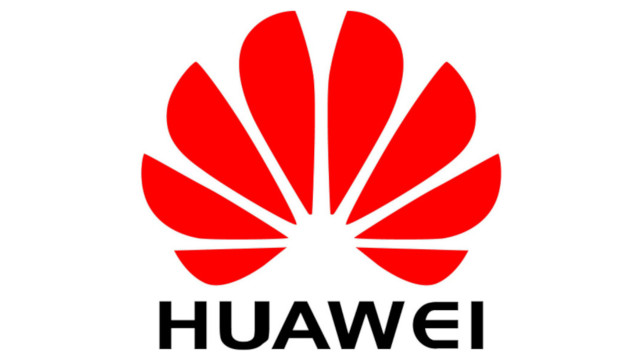It’s been a tough day for Chinese technology company Huawei. First, Google removed Huawei’s Android license, causing a huge loss to the company known for making cheaper, more powerful Android phones when compared to other manufacturers. Now, Huawei chip suppliers including Intel and Qualcomm have stopped supplying Huawei with vital parts.
According to Bloomberg, American chipmakers Intel, Qualcomm, Xilinx, and Broadcom have all cut off Huawei’s supplies “until further notice.” This cutoff could severely impact Huawei’s business. The company is dependent on the chips for servers, PCs, networking, and some phones.
Following an Executive Order placing tighter restrictions on telecommunications trade, the Commerce Department added Huawei and affiliates to a strict “entity list” which makes commerce and trading with far more difficult, requiring a special license. The Executive Order was issued after President Trump declared a national emergency on information security, banning telecommunications trade with any companies deemed a threat to the United States.
Huawei was included on the list after allegations that the company engaged in espionage. The allegations claim that Huawei violated the U.S. sanctions in Iran and engaged in obstruction of justice. Additionally, the U.S. government claims that Huawei poses a greater security risk since the company may bend to Beijing’s demands to allow access to private user data. Huawei has denied these claims.
Huawei has been preparing for this as the tension between the United States and China escalates. The company has been stockpiling vital components and furthering designs of its own chips. While there are reportedly only enough supplies for a few months, Huawei is confident that it will be able to continue buying from American suppliers when a trade deal is reached. If there is no deal, Huawei will have to either find alternatives or lose business. Either way, the decline of Huawei would have striking implications for China’s economy.







